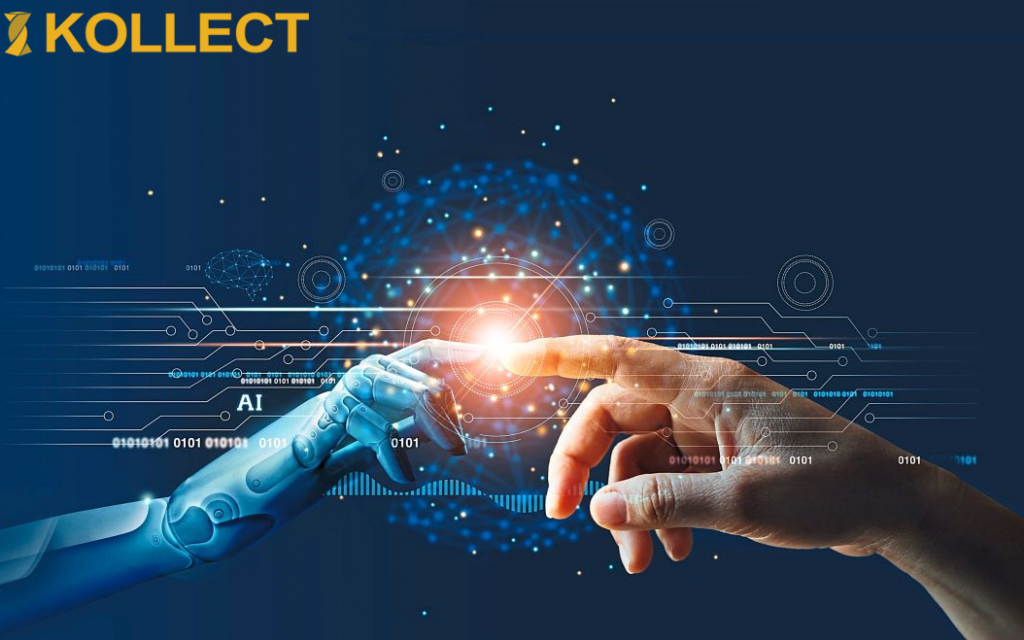Debt collectors are embracing the use of AI chatbots, particularly the upcoming GPT-4, to enhance their collection efforts, but this development raises concerns about the perpetuation of racial bias and the further exploitation of vulnerable individuals. Skit.ai, a company based in New York and Bangalore, claims that AI-powered digital voice agents can revolutionize the debt collection industry. These chatbots, equipped with text-to-speech capabilities and AI chatbot technology, can make millions of outbound calls in a short span, contacting and demanding payment from debtors at a lower cost compared to human collectors. However, this shift towards automation distances debtors from human interaction during the collection process.
Software services targeting debt collectors are increasingly incorporating machine learning and generative AI, promising to optimize the recovery of funds from debtors. Unfortunately, the debt collection industry has a history of targeting marginalized communities, particularly people of color. Predatory debt and interest rates disproportionately affect impoverished individuals, trapping them in a cycle of poverty. With household debt reaching a record high and delinquency rates increasing, debt collectors see an opportunity to leverage AI to pressure individuals into paying their debts.

Companies that develop debt collection software pitch their products as more efficient and capable of providing a better customer experience. However, the use of AI in debt collection has raised ethical concerns. Timnit Gebru, founder of the Distributed AI Research Institute, believes that incorporating AI tools into debt collection further burdens those who are already struggling financially. The lack of transparency regarding the biases embedded in AI systems is also a pressing issue.
Debt buyers, companies that purchase distressed debt at a significant discount, stand to benefit the most from integrating AI into their operations. These firms rely heavily on the civil court system, and it is anticipated that AI-generated debt lawsuits will flood the courts in the near future. While some debt collection software vendors market their products to these buyers, Arrears.com explicitly mentions its integration of GPT-3 and expresses excitement about GPT-4’s potential for debt collection.

The application of algorithmic systems to credit and finance raises concerns about the introduction of bias. AI models can unknowingly perpetuate discriminatory trends and target certain groups more aggressively. Biased outcomes have been observed in various domains, including criminal justice and welfare monitoring, emphasizing the need for thorough auditing and testing of AI systems. Regulatory agencies, such as the Consumer Financial Protection Bureau, recognize the risks associated with AI in consumer finance and aim to address discriminatory practices that may arise.
Ultimately, while AI chatbots offer efficiency and cost savings for debt collectors, their implementation must be carefully monitored to ensure that they do not perpetuate racial bias or harm vulnerable individuals. Striking a balance between assertiveness and empathy is crucial, and the statistical soundness and fairness of AI models need to be rigorously assessed to prevent discriminatory outcomes.


